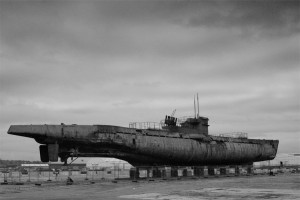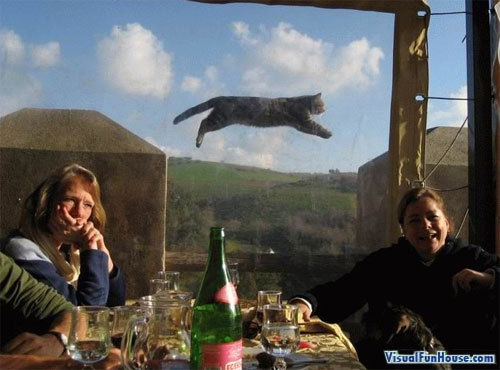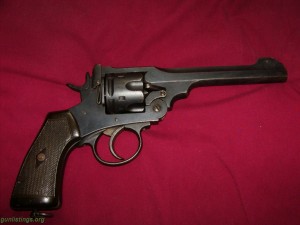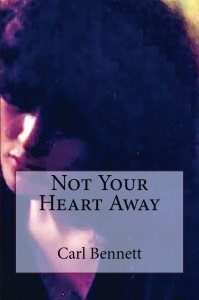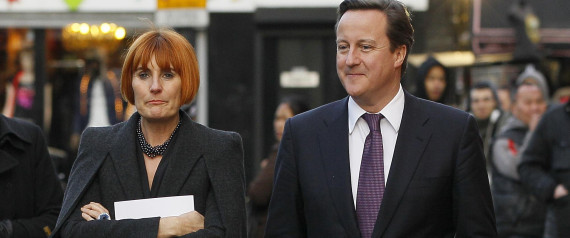Das Boot
In the film the sailors were down deep in their submarine
Hunted hunters or hunting, it was hard to tell
Under the water and oil and blood and fire
If not honour. The destroyer was closing in fast
Dropping depth charges, the twin screws churning
The water above the submariners’ heads,
Cavitation whining, foreheads furrowed,
Woollies on, tense glances while they had to keep silent
Or they’d never hear the ping on the hydrophones
That would tell them who was where.
It was just a film
But it made me think of you and I and how
When we met we were both quiet,
Talking almost in whispers
One voice loud enough for both of us to share
When the pings of our sonar echoed back to each other faster
And faster as we got closer until nobody could really hear
Any difference in the two beats, the ping meeting the echo
In one long high sound that almost hurt to listen to it.
It never lasts long, that sound.
They dived deep to get away from the ship hunting them;
Only one option in the face of the evident danger.
The ludicrous flaw in this whole arrangement
The deeper you go the longer it takes for the depth charges
To reach you but because of the pressure all around,
Going deep, running silent, when they find you
The bolts shear more easily and the red lightbulbs smash
With the concussion, the rivets groaning as you look at each other
And wonder looking, each knock -Is this it? Is this the end?
Is that the tap on the hull that’s going to crush this all around us?
This blast of smashing cold that’s going to take our breath away?
And somehow it never is. It’s just that now the hunt’s over
And there’s so much time between each ping, each echo of you,
The air getting stale somehow, the signal fading
And so hard to even get a clear fix on your direction
These days, these nights, I miss the sound of that one long joining
Of that separated out again to two different pulses,
Longer now between each one. And longer still each time.
The sounds the ships make sinking, on the screen,
Their bulkheads blowing as they make the last voyage to the bottom.
It sounds like a scream. As if they had real feelings.
Then the longer silences now and just the echo of you fading too,
Contact broken, skipper. I think she’s gone,
However much I listen, my fingers twisting the dials,
Still here in the quiet, searching, headphones on.
Keep it down in the engine room. They can hear us miles away
On a night like this. But I can’t really hear your echo at all.
We can come up to the surface now. I think we’re in the clear again.
